The Bishop of Gloucester took part in a debate on the Better Prisons: Less Crime Justice and Home Affairs Committee Report on 12th February 2026, advocating for reform of the conditions and culture inside prisons:
The Lord Bishop of Gloucester: My Lords, as Anglican Bishop for prisons, I wholeheartedly welcome this debate and this excellent report. It is also a privilege to follow two excellent maiden speeches.
I submitted evidence to the committee, and I will continue to bang the drum for reform. Better prisons will play a vital role, but they are not the end point or the complete answer to reducing reoffending. I agree with the reframing of this from rehabilitation, as rehabilitation implies that people were once at an acceptable place in life to which they can be rehabilitated, whereas for the majority of people in prison, this was never true in the first place.
Continue reading “Bishop of Gloucester speaks in debate on prison conditions”

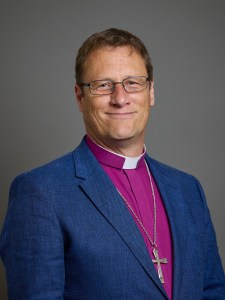
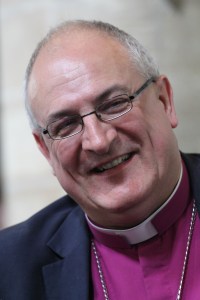


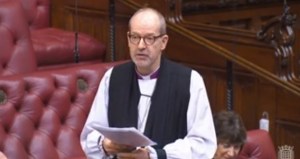
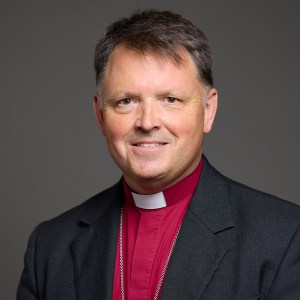
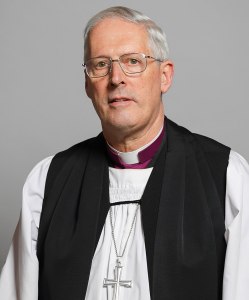


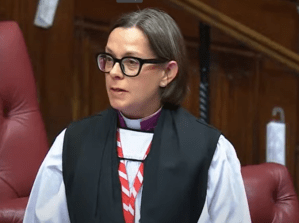
You must be logged in to post a comment.